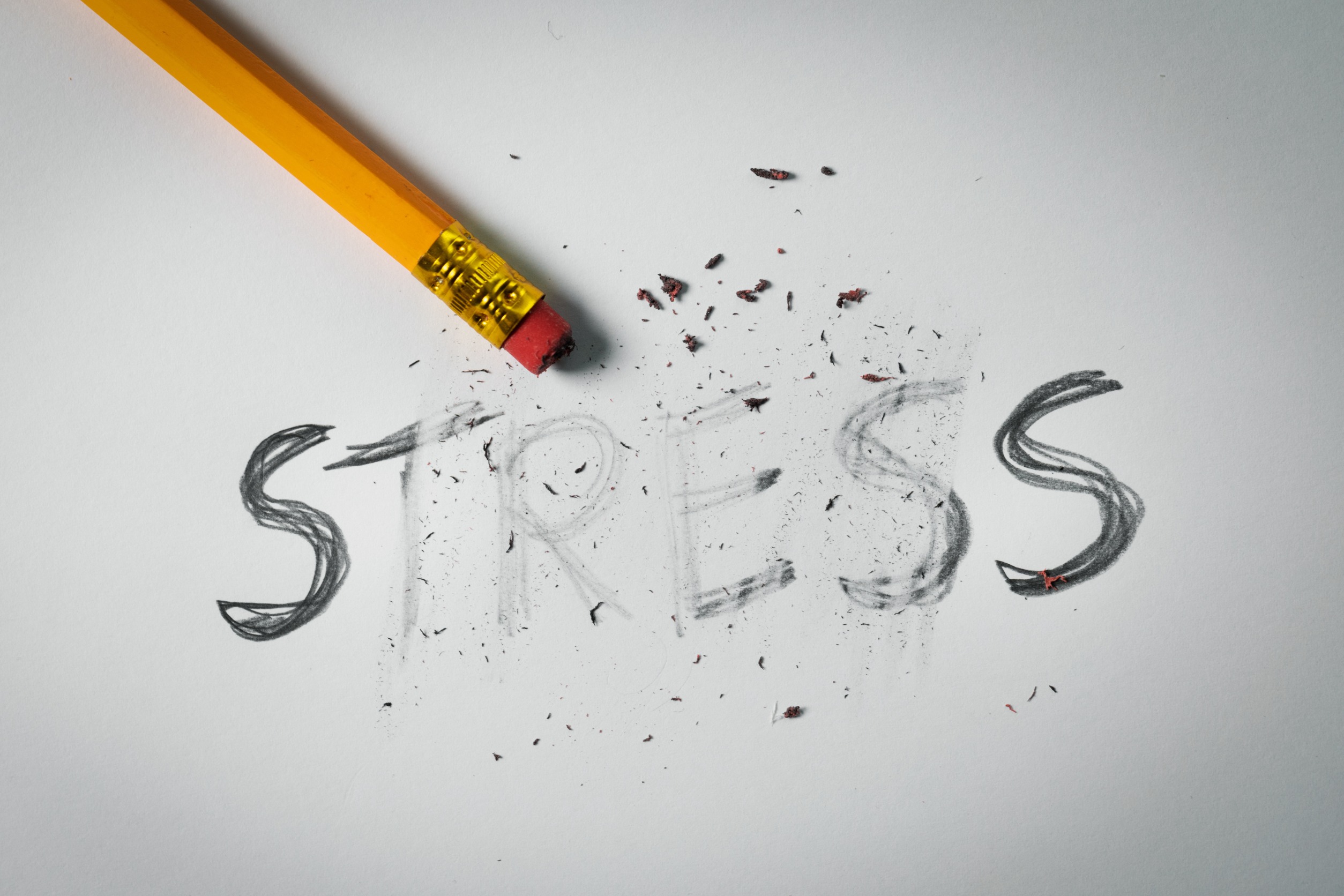Stress Affects Everyone
There’s no getting around it – stress is a part of life and no one is immune from it. In fact, it is a normal physical and emotional response to the big and small challenges we face in our daily lives.
In the last several years, however, our stress levels have been profoundly affected by an intense combination of global and domestic events. Indeed, the results of a 2022 poll conducted by the American Psychological Association (APA) revealed a “battered American psyche, facing a barrage of external stressors that are mostly out of personal control.”
Sounding the Alarm
When we are stressed, our bodies release hormones that produce the fight-or-flight response to face stressful situations. During this state of high alert, we experience physiological changes. From an increasing heart rate, to rising blood pressure and glucose levels and more, our body sounds the alarm when we’re stressed.
Some stress can be beneficial. For example, it can help us react quickly to life-threatening situations. And more generally, it can motivate us to meet an important deadline or prepare for a job interview. It can even serve as a catalyst to clean the house before last minute guests arrive. And, once the threatening situation passes, we’ve met the deadline, etc., our body switches off its stress response and resets.
Prolonged high levels of stress, however, are a different story.
Compromising our Health
Over time, the persistent flow of stress hormones can take a toll on our overall health and wellbeing. From headaches to insomnia to fatigue, stress can affect our day-to-day functioning and productivity.
Longer term, stress is linked to heart disease, high blood pressure, diabetes and other serious health conditions. It can also lead to mental health issues like anxiety and depression.
What’s more, we may use negative coping mechanisms to deal with stress such as drinking or smoking too much, using drugs, overeating, etc., which can further compromise our health.
Managing Stress
There are ways we can strengthen our immunity to stress and better manage stressful times. First, focus on self-care and maintain a healthy lifestyle. Second, learn to recognize signs and symptoms of stress. And third, develop healthy strategies for relieving stress. Here are some suggestions to get you started:
- Unplug: Take a break from the news and the digital world to quiet your mind.
- Move: Exercise on your NuStep, take a brisk walk or do yard work to pump up your endorphins.
- Breathe: Use deep breathing, yoga or meditation techniques to tune into your body.
- Relax: Listen to calming music, read a good book or spend time in nature to slow your pace.
- Connect: Get together with family, socialize with friends or volunteer in your community to feel connected.
Finally, if you find yourself completely overwhelmed by stress and it’s affecting your day-to-day life, get help. Contact your healthcare provider, and remember, you’re not alone.

